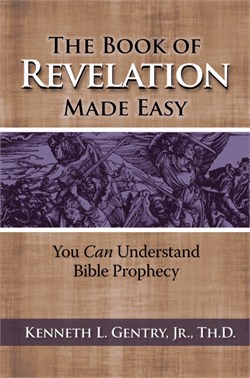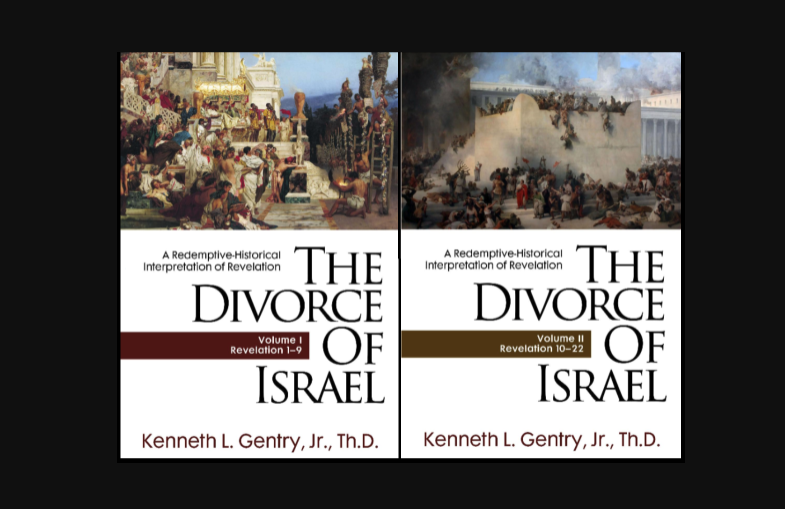Gary discusses the now available two-volume commentary on the book of Revelation by Dr. Ken Gentry.
One of the great ironies of Scripture is that the most difficult book within it is called “Revelation.” To “reveal” means to “uncover, open up”—with a view to understanding. How can such a perplexing book as this be called a “revelation”? If we were naming the book, rather than calling it “The Revelation of Jesus Christ,” we might be tempted to title it “The Mystery from John the Apostle.” Indeed, John himself is perplexed and confused from time to time (Rev. 7:13–14; 17:6–7; 19:10; 22:8–9).
One of the continuing surprises of the pastoral experience is the new convert’s deep interest in studying Revelation. Fascination with the mysteries of Revelation is not limited to those well schooled in Christian study who are ready for the deeper things of God. That curiosity reaches all the way down to the newest believer in Christ.
One of the great disappointments of the serious Christian exegete is the flood of literature on Revelation that is virtually worthless. When we combine the mysterious nature of Revelation with the continuing fascination with it, the market is primed to generate all sorts of would-be “prophecy experts” to fill the demand. Instead of being nourished on the sincere milk of the word, the new Christian is too often fed a milkshake of confused approaches to Revelation.

The Book of Revelation Made Easy
Relying heavily on Old Testament prophecy and first-century history, Gentry provides his reader with the essential keys for unlocking the text—the guideposts necessary for following its winding paths and discerning its key figures and their roles—and without indulging in tedious detail. The Book of Revelation Made Easy—a short, lively, and topical study that will help you understand Bible prophecy better.
Buy NowGary discusses the now available two-volume commentary on the book of Revelation by Dr. Ken Gentry. It is called The Divorce of Israel: A Redemptive-Historical Interpretation of Revelation. Gary discusses what he likes about it and how it will most likely be received by those who agree and those who don’t.

